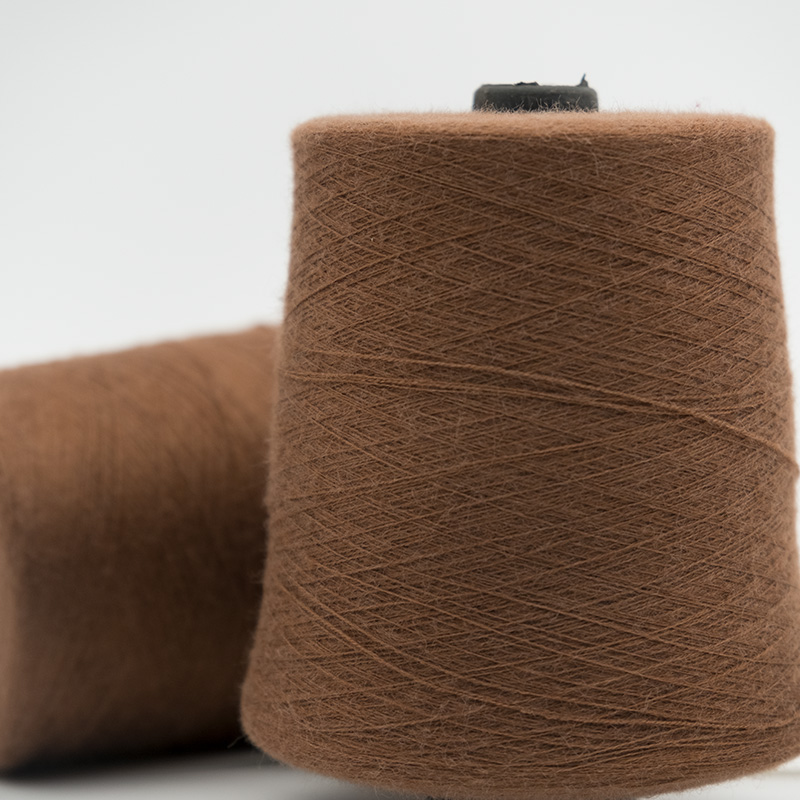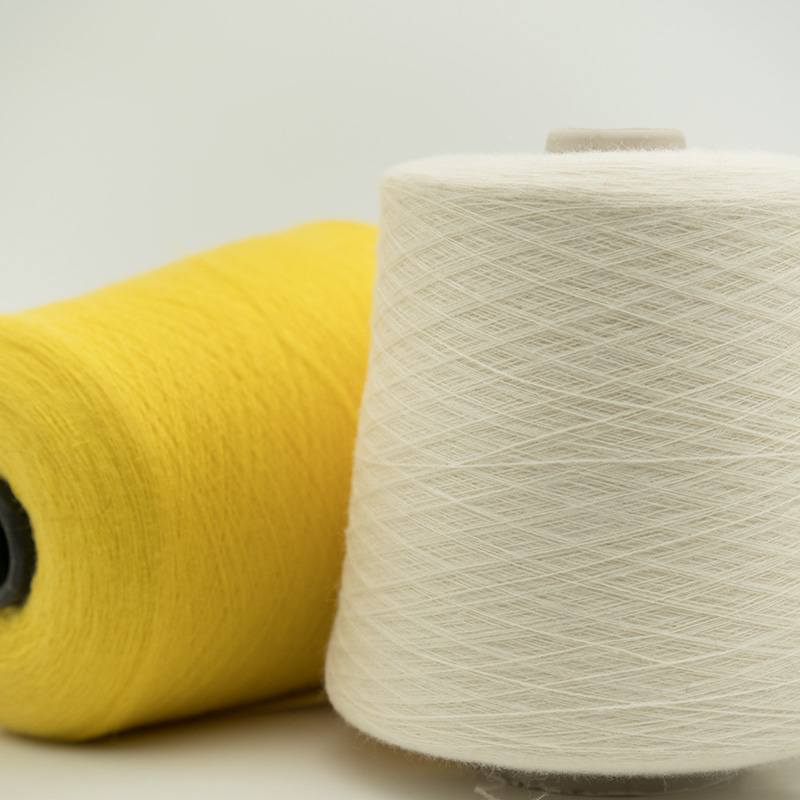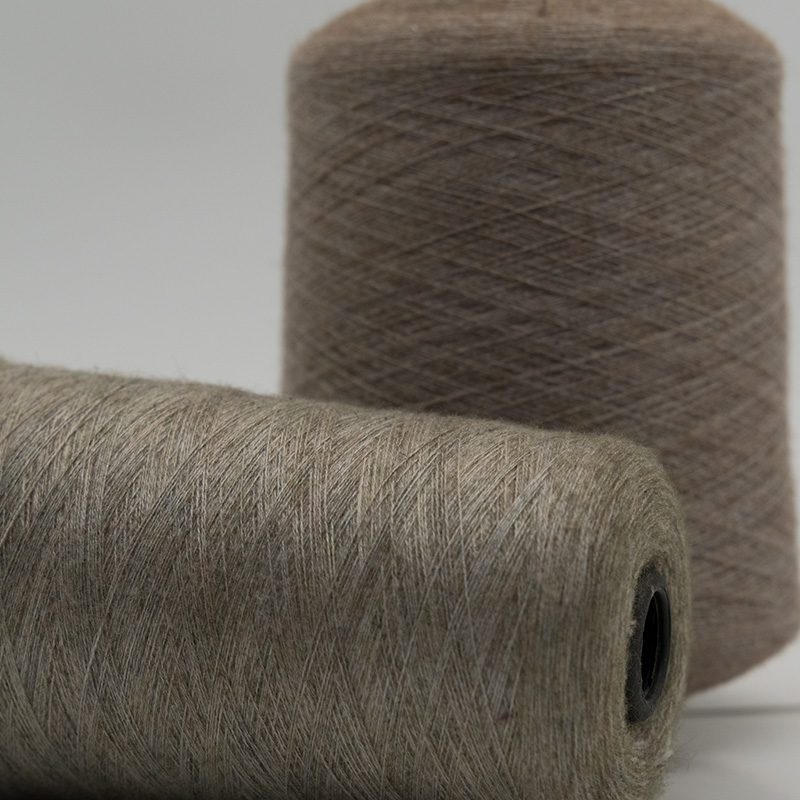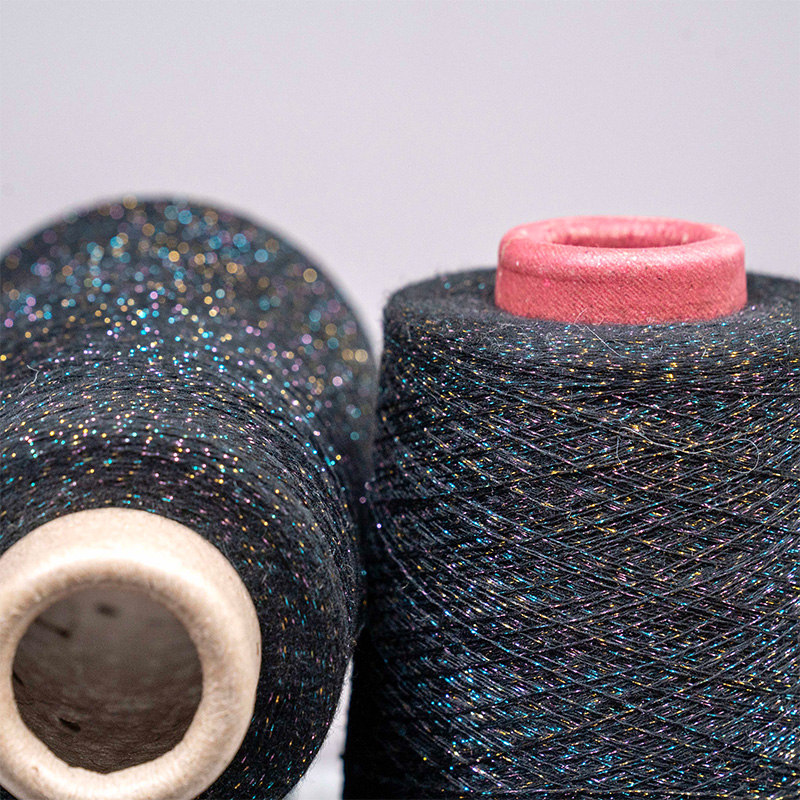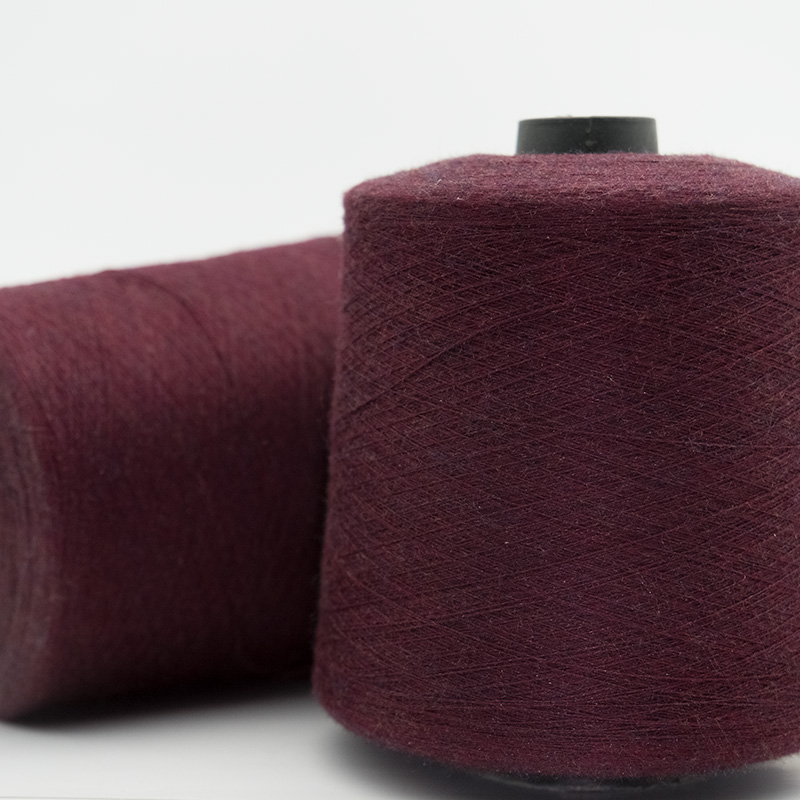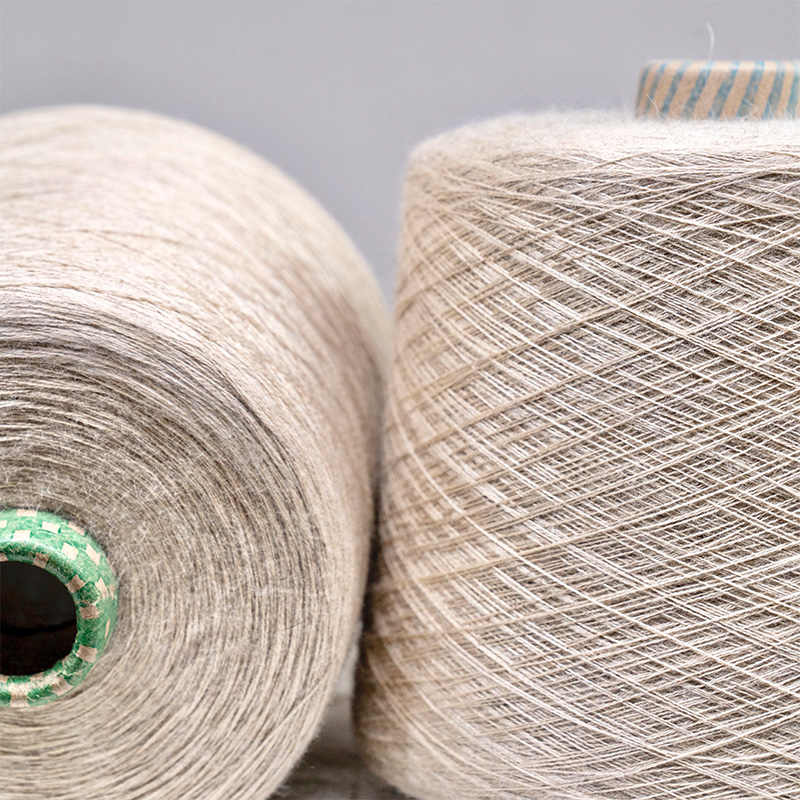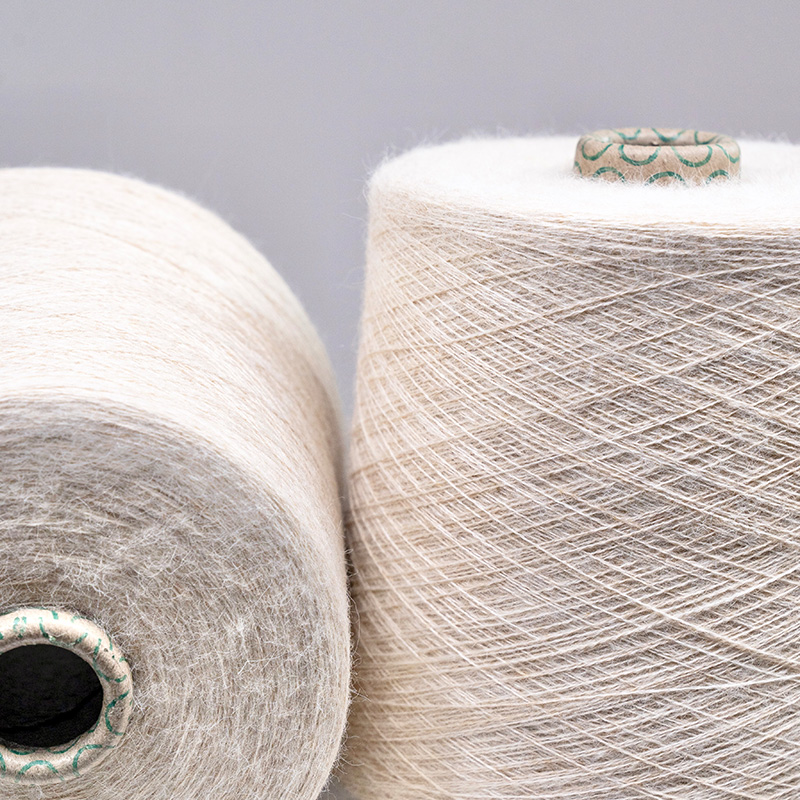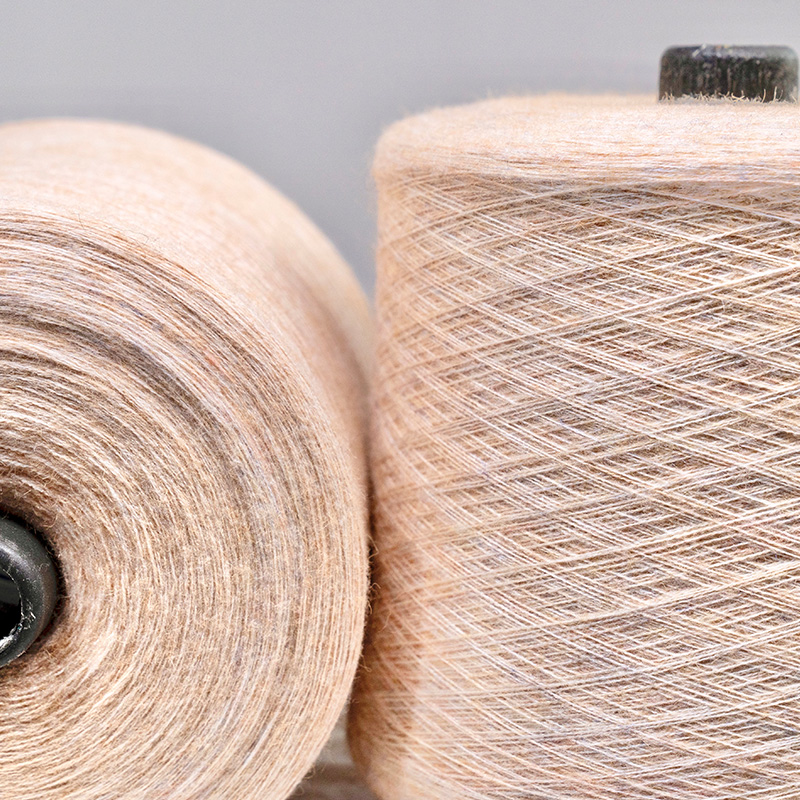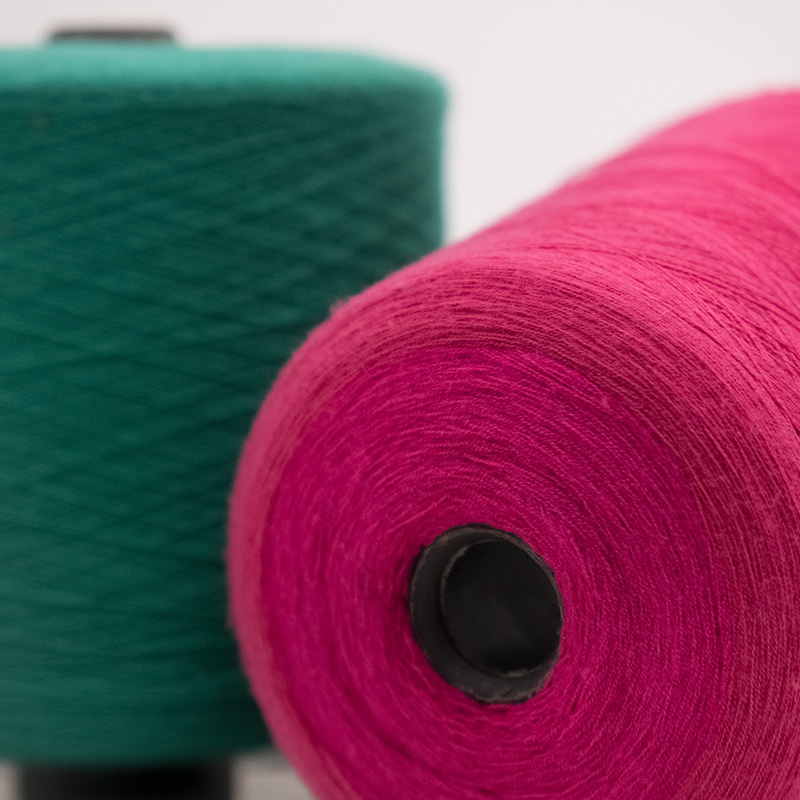Why Is Silk So Valuable: Exploring Its Unique Qualities and History
2025-10-27
1. The Unique Properties of Silk
Silk is prized for its distinctive qualities that set it apart from other fabrics. Its natural sheen, smooth texture, and lightweight feel make it highly desirable for luxury clothing and home textiles. Unlike synthetic fibers, silk has excellent breathability and thermal regulation, keeping the wearer cool in summer and warm in winter.
1.1 Strength and Elasticity
Silk is surprisingly strong for its delicate appearance. The fibers have a natural elasticity that allows silk garments to maintain their shape and resist wrinkles. This combination of strength and flexibility contributes to the fabric’s long-lasting quality.
1.2 Hypoallergenic Qualities
Silk naturally repels dust mites and is less likely to irritate sensitive skin, making it a preferred choice for bedding and clothing for individuals with allergies or skin conditions.
2. The Labor-Intensive Production Process
The value of silk is closely tied to the intricate and labor-intensive process required to produce it. From raising silkworms to extracting the fine threads, every step demands precision and care.
2.1 Sericulture and Silkworm Rearing
Silk production begins with sericulture, the cultivation of silkworms. Each silkworm produces a single cocoon made from a continuous silk filament. Harvesting and handling these delicate cocoons without breaking the filament requires skill and patience.
2.2 Thread Extraction and Weaving
Once the cocoon is harvested, the silk filament must be carefully unwound and spun into threads. Weaving these threads into fabric is equally meticulous, often done on traditional looms to preserve the fabric’s quality and smoothness.
3. Historical and Cultural Significance
Silk has held immense cultural and economic value throughout history. From ancient China to Europe, silk was a symbol of wealth and status. Its rarity and high demand drove trade along the famous Silk Road, establishing it as one of the most treasured commodities in the world.
3.1 Symbol of Luxury
Even today, silk is synonymous with luxury and sophistication. Fashion designers and interior decorators use silk for its premium look and feel, adding elegance to garments, curtains, and bedding.
3.2 Investment Value
High-quality silk items can hold or increase their value over time. Antique silk fabrics or couture garments are often considered collectible, highlighting silk’s enduring appeal and exclusivity.
4. Comparison with Other Fabrics
Understanding silk’s value is easier when compared to other commonly used fabrics. The table below illustrates key differences:
| Fabric | Texture | Durability | Care | Cost |
| Silk | Smooth, lustrous | High, delicate handling required | Hand wash or dry clean | Premium |
| Cotton | Soft, matte | Moderate | Machine washable | Affordable |
| Polyester | Smooth, synthetic feel | High | Machine washable | Low |



 English
English русский
русский Español
Español 中文简体
中文简体

